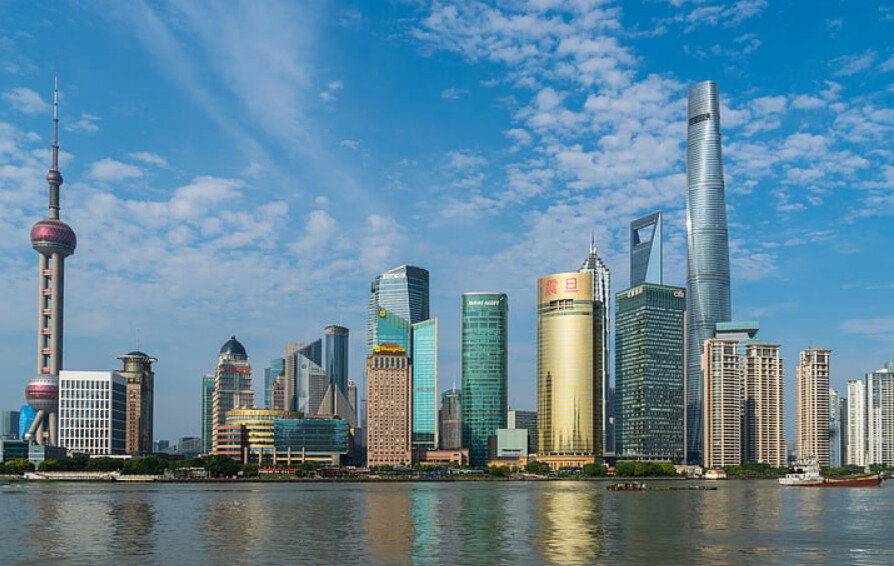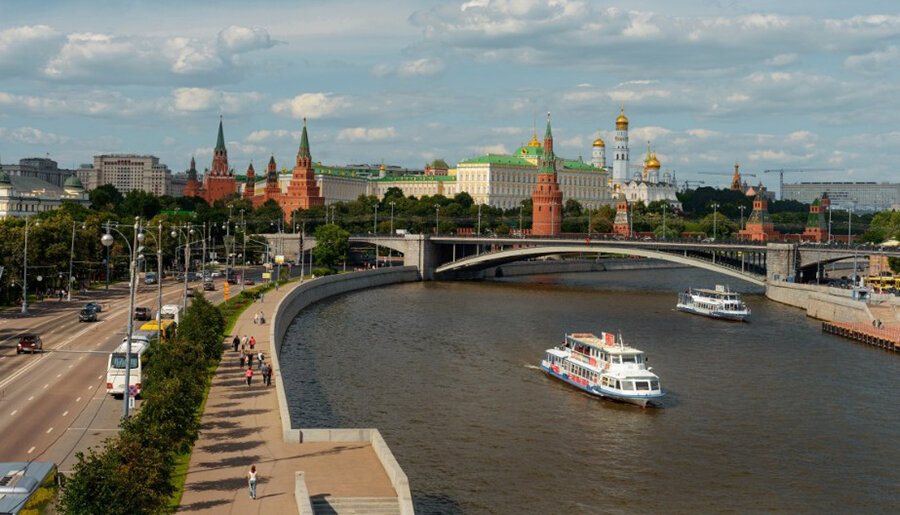read also
The 10 Most Powerful Countries in the World

Фото: media.hswstatic.com
The HowStuffWorks portal published a ranking of the most powerful nations, highlighting those that dominate the global arena through a unique combination of economic strength, military power, advanced technology, and cultural influence. These countries shape international politics and global events, leveraging their resources, strategic positions, and diplomatic skills to maintain dominance.
1. United States

The United States remains the world's most powerful country, backed by a $27 trillion economy that fuels unprecedented innovation and global influence.
Its technological leadership is evident through pioneering projects like Tesla’s gigafactories for clean energy and SpaceX’s space missions, which include ambitions for Mars colonization and satellite networks poised to revolutionize global communications.
With a military budget exceeding $800 billion, the U.S. exerts unparalleled global influence, operating over 700 military bases worldwide. Cutting-edge stealth aircraft, hypersonic missiles, and AI-powered defense systems reinforce its supremacy.
Strategic alliances such as NATO and AUKUS further solidify the U.S.'s geopolitical dominance, allowing it to respond effectively to global challenges like the Ukraine conflict and Indo-Pacific security.
As the world's largest economy and a cultural trendsetter, the U.S. shapes global trade, politics, and innovation. From Hollywood films to Silicon Valley breakthroughs, American exports continue to define global standards, amplifying its soft power and global reach.
2. China

China's Belt and Road Initiative (BRI) expansion into Latin America strengthens its global economic presence by funding infrastructure projects, trade routes, and resource access. The country deepens economic ties with Brazil and Argentina, challenging historical U.S. dominance in the region.
Breakthroughs in quantum computing and AI-driven smart cities solidify China’s status as a tech leader, attracting global partnerships and investments. Militarily, China’s advanced navy, including aircraft carriers and submarines, boosts its presence in the South China Sea and Indo-Pacific.
China also wields significant soft power through Confucius Institutes, language programs, and cultural diplomacy, expanding its global influence through cinema, arts, and international events.
3. Russia

Russia leverages its vast reserves of natural gas, oil, and minerals to maintain economic influence. New energy pipelines to Asia, including the Power of Siberia project, deepen ties with China and emerging markets, helping counteract Western sanctions.
Militarily, Russia remains a formidable power, leading in hypersonic missile technology, drones, and cyber capabilities that enhance strategic deterrence.
Diplomatically, Russia expands its presence in Africa and the Global South, striking arms deals, infrastructure investments, and energy projects, reinforcing its global footprint despite geopolitical challenges.
4. Germany

Germany drives European economic and technological progress, excelling in green energy, including hydrogen fuel technology and renewable power projects. The nation is committed to carbon neutrality by 2045, setting sustainability benchmarks across Europe.
As a global engineering powerhouse, Germany advances electric vehicle production with leading brands like Volkswagen and BMW, further strengthening its global role in battery technology and EV infrastructure.
Politically, Germany’s influence within the European Union extends beyond economics, shaping trade agreements, regulations, and key political decisions.
5. United Kingdom

Post-Brexit, the UK has strengthened its global position by signing major trade agreements with India and Canada, boosting bilateral trade and securing its place as a global financial hub.
London remains a leading financial center, attracting top businesses, investors, and talent. The city continues to dominate banking, finance, and foreign exchange markets, reinforcing the UK’s economic influence.
British soft power thrives through iconic TV shows (The Crown, Doctor Who), world-renowned musicians, and the enduring global fascination with the Royal Family.
In defense, the UK’s strong ties with the U.S. and NATO ensure its role as a key player in global security. Its modern military, nuclear capabilities, and strategic alliances maintain its global standing.
6. South Korea

South Korea has solidified its role as a tech leader, especially in semiconductors, with giants like Samsung Electronics and SK Hynix dominating global chip production.
The Korean Wave (K-pop, cinema, and drama) has elevated its cultural influence, making South Korea a soft power powerhouse.
7. France

As a UN Security Council member, France wields strong diplomatic power, influencing global climate policies and security issues.
France is a leader in nuclear energy, essential for Europe’s energy independence. Its luxury industry, gastronomy, and cinema reinforce its global cultural influence.
8. Japan

Japan leads in robotics and AI-driven healthcare. The nation’s successful lunar rover mission in 2024 highlighted its space ambitions.
Its high-speed rail, urban planning, and anime industry continue to inspire global infrastructure and pop culture.
9. Saudi Arabia

The Vision 2030 projects, including futuristic smart cities, are transforming Saudi Arabia into an innovation hub. Its OPEC leadership ensures ongoing influence over global oil markets.
10. Israel

Israel leads in military technology, with Iron Beam laser defense systems setting new standards. Its cybersecurity and AI sectors attract global investments.
These rankings reflect how nations shape the world by balancing military strength, economic power, technological breakthroughs, and cultural influence.











